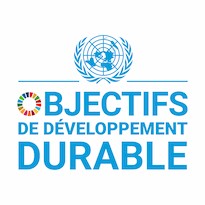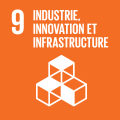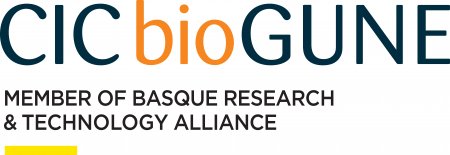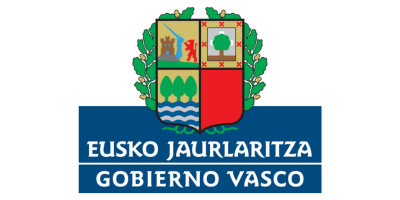
Glycobasque 8
Description
Glycobasque 8, the 8th edition of our annual international glycoscience meeting organized by the Glycotechnology (Niels Reichardt) and Chemical Glycobiology (Jesús Jiménez-Barbero) groups of the BRTA centers CIC biomaGUNE (San Sebastián) and CIC bioGUNE (Derio). Glycoscience is becoming increasingly relevant to many areas of drug development, gene therapy, regenerative medicine and disease diagnostics and presents immense opportunities for both basic and translational research.
The 1.5 day meeting will provide seminars from leading experts in glycobiology, immunology and carbohydrate chemistry and showcase state-of-the-art research from participants with backgrounds in cancer glycobiology, glycan synthesis, immune therapy, glycoconjugate vaccine design and analysis of carbohydrate-protein interactions among others.
The meeting will take place at the spacious auditorium of the Edificio Central (Paseo Mikeletegi 53) at the Guipuzcoa Technology Park in San Sebastian.
Objectifs
Sharing scientific knowlegde
Discovering the lastest techniques in the field of glycosciences
Activité s'adressant à
- Professionnels
Directeurs

Niels Reichardt

Jesús Jiménez-Barbero
Conférenciers

Martina Delbianco
June Ereño

Xuefei Huang

Lars Nitschke
Tarifs inscription
| Matrícula | jusqu'au 23-10-2025 |
|---|---|
| 210,00 EUR |
Lieu de l'événement
Parc Technologique de Gipuzkoa, Bâtiment Central
Paseo Mikeletegi 53 | 20009 Donostia / San Sebastian
Gipuzkoa
Parc Technologique de Gipuzkoa, Bâtiment Central
Paseo Mikeletegi 53 | 20009 Donostia / San Sebastian
Gipuzkoa
Objectifs de développement durable
Chez UIK, nous voulons contribuer à la réalisation des objectifs de développement durable (ODD) 2030. Pour ce faire, nous avons identifié les objectifs auxquels nos programmes contribuent. Vous pouvez vérifier les objectifs ci-dessous.
L'Agenda 2030 est le nouvel agenda international de développement adopté en septembre 2015 par les Nations Unies. Cet agenda se veut un outil pour favoriser le développement humain durable sur toute la planète. L'éradication de la pauvreté, la réduction de l'inégalité et de la vulnérabilité et la promotion de la viabilité constituent ses principaux piliers. Il s'agit d'une chance unique de transformer le monde jusqu'en 2030 et de garantir les droits de l'homme à tous.

9 - Industrie, innovation et infrastructure
Mettre en place une infrastructure résiliente, promouvoir une industrialisation durable qui profite à tous et encourager l'innovation. Questions clés : infrastructures fiables, durables, résilientes et de qualité, industrialisation durable et qui profite à tous, modernisation, technologies et procédés industriels propres et respectueux de l'environnement, recherche scientifique et amélioration de la capacité technologique, accès universel des TIC.
Plus d'informations









